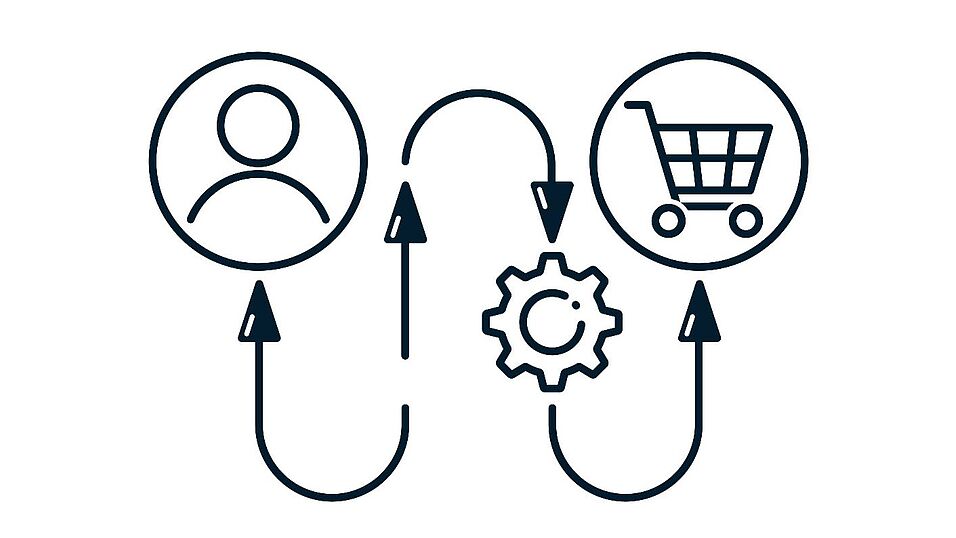In recent years, rapid advances in a variety of digital technologies, including AI, can be observed. This technological evolution requires a continuous evaluation of whether existing laws can address all the issues created by the deployment of such technologies in context.
The ELI Interim Report explores how well the EU consumer law acquis would cope with the widespread use of ADM. In carrying out this assessment, the focus lies on how EU consumer law can continue to ensure adequate consumer protection in an economy where digital assistants become more prevalent (the protective function of EU consumer law), whilst enabling the use of innovative technologies in consumer markets (the enabling function of EU consumer law).
The ELI project is led by Co-Reporters Prof Dr Christoph Busch, Associate Prof Dr Marie Jull Sørensen, Prof Dr Teresa Rodríguez de las Heras Ballell, Prof Dr Dariusz Szostek (until October 2023) and Prof Dr Christian Twigg-Flesner. The Co-Reporters commented that:
As AI-driven digital assistants start to emerge, the recommendations in this Report will keep EU consumer law current and minimise the gap between law and technological evolution. In checking the ADM-readiness of EU consumer law, we have not only reviewed the application of current legal rules, but also whether both the rationale and core features of EU consumer law are sufficiently future-proof. There are other important challenges of AI-driven contracting outside the scope of current EU consumer law, which will be analysed in a second phase of this project and will lead to further recommendations for a world of regular algorithmic contracting.
The ELI Interim Report sets out eight Principles that should be followed in order to make EU consumer law ‘ADM ready’, namely on:
- The attribution of a digital assistant’s action to a consumer
- The application of consumer law to algorithmic contracts
- Pre-contractual information duties
- Non-discrimination
- Disclosure duties
- The protection of digital assistants from manipulation
- The determination/disclosure of parameters in digital assistants
- Conflicts of interest that could arise in this context
The Report also considers how several key EU consumer law directives would operate in situations where a consumer deployed a digital assistant, and several recommendations are made for modifying those directives to facilitate the use of digital assistants. The Report concludes that all the directives under consideration are almost ‘ADM ready’ and require mostly minor adjustments to remove any potential legal obstacles. It additionally recommends the adoption of a small number of new provisions to align existing law with the eight ELI Principles.
The full ELI Report, which is an interim aspect of the ELI project on Guiding Principles and Model Rules on Algorithmic Contracts, is available here. More information about the project can be found here.
A webinar on the ELI Interim Report will take place on 31 January 2024 from 12:30–14:00 CET. To register, please click here. A further webinar on the use of automated decision-making and consumer law in the EU and US will be organised jointly with the American Law Institute on 8 February 2024 from 18:00–19:30 CET (12:00–13:30 (ET)). Registration can be completed here.

